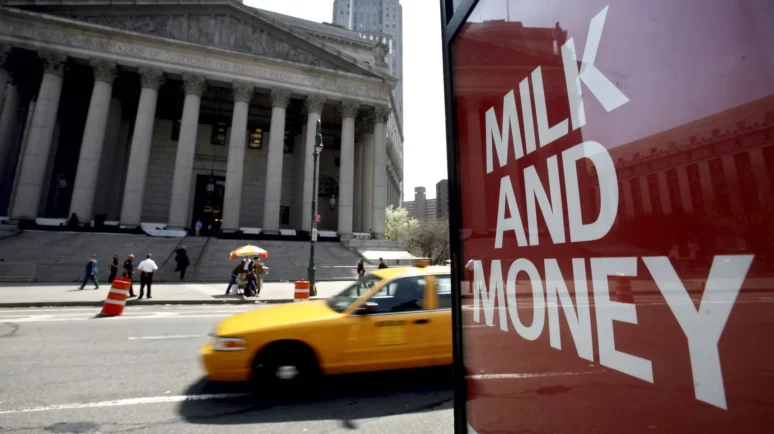Ripple CEO Faces Trial Over XRP Sales, XRP Security Status Remains Unclear
Additionally, a separate civil securities lawsuit against Ripple CEO Brad Garlinghouse is set to go to trial. In this case, the court partially denied Ripple’s motion for summary judgment concerning allegations that Garlinghouse sold unregistered securities in 2017. The plaintiff claims that Garlinghouse misrepresented his financial interest in XRP, stating he was “very, very long XRP” while allegedly selling millions of XRP on various exchanges.
In a television interview in 2017, Garlinghouse stated :
“I’m long XRP, I’m very, very long XRP as a percentage of my personal balance sheet. . . . . [I am] not long on some of the other [digital] assets, because it is not clear to me what’s the real utility, what problem are they really solving . . . if you’re solving a real problem, if it’s a scaled problem, then I think you have a huge opportunity to continue to grow that. We have been really fortunate obviously, I remain very, very, very long XRP, there is an expression in the industry HODL, instead of hold, it’s HODL… I’m on the HODL side.”
In this parallel legal case in the Southern District of New York (SDNY), US District Court Judge Analisa Torres ruled that XRP did not satisfy all the criteria of the Howey Test when sold directly to retail participants on crypto exchanges. This decision was viewed as a partial victory for Ripple and was hailed by many in the cryptocurrency industry as a positive step towards much-needed regulatory clarity, potentially setting a precedent for other crypto securities cases.
However, the impact of Judge Torres’ decision has not been as influential as some had hoped. Last year, her colleague in the SDNY, District Judge Jed Rakoff, dismissed her ruling in a separate case involving the SEC against the Singaporean crypto firm Terraform Labs. This indicates a lack of consensus among judges in the SDNY regarding the classification of digital assets like XRP.
XRP as a Security for Programmatic Traders
In her ruling on Thursday, Judge Phyllis Hamilton diverged from Judge Analisa Torres’ legal opinion regarding XRP. Hamilton concluded that XRP sold to “programmatic” traders, who are non-institutional, did constitute a security. She based her decision on the grounds that these traders did have an expectation of profits resulting from the efforts of others, addressing one of the critical prongs of the Howey Test.
She stated :
“The court declines to find as a matter of law that a reasonable investor would have derived any expectation of profit from general cryptocurrency market trends, as opposed to Ripple’s efforts to facilitate XRP’s use in cross-border payments, among other things. Accordingly, the [court] cannot find as a matter of law that Ripple’s conduct would not have led a reasonable investor to have an expectation of profit due to the efforts of others.”
XRP Security Status Still Undecided, Court Grants Extension for Sealing Exhibits
Legal expert Fred Rispoli
commented on X that there is a high likelihood of a settlement in the Ripple case, citing the minimal damages at stake and the risk of a detrimental jury verdict for Ripple if the plaintiff prevails. Rispoli also emphasized that the fundamental question of whether XRP is considered a security remains unresolved. He highlighted the need for federal legislation to definitively address this issue within the cryptocurrency industry.
During the hearing, the court instructed both parties to reevaluate their requests to seal parts of their briefs following the court’s decision to deny their initial motions. Subsequently, both parties submitted their unredacted briefs and requested an additional three weeks to file a motion to seal certain exhibits used in their arguments.
The court granted this extension, setting a new deadline of July 8, 2024, for the parties to file their motion to seal based on more specific grounds. A separate order regarding this narrowed motion to seal will be issued by the court.



